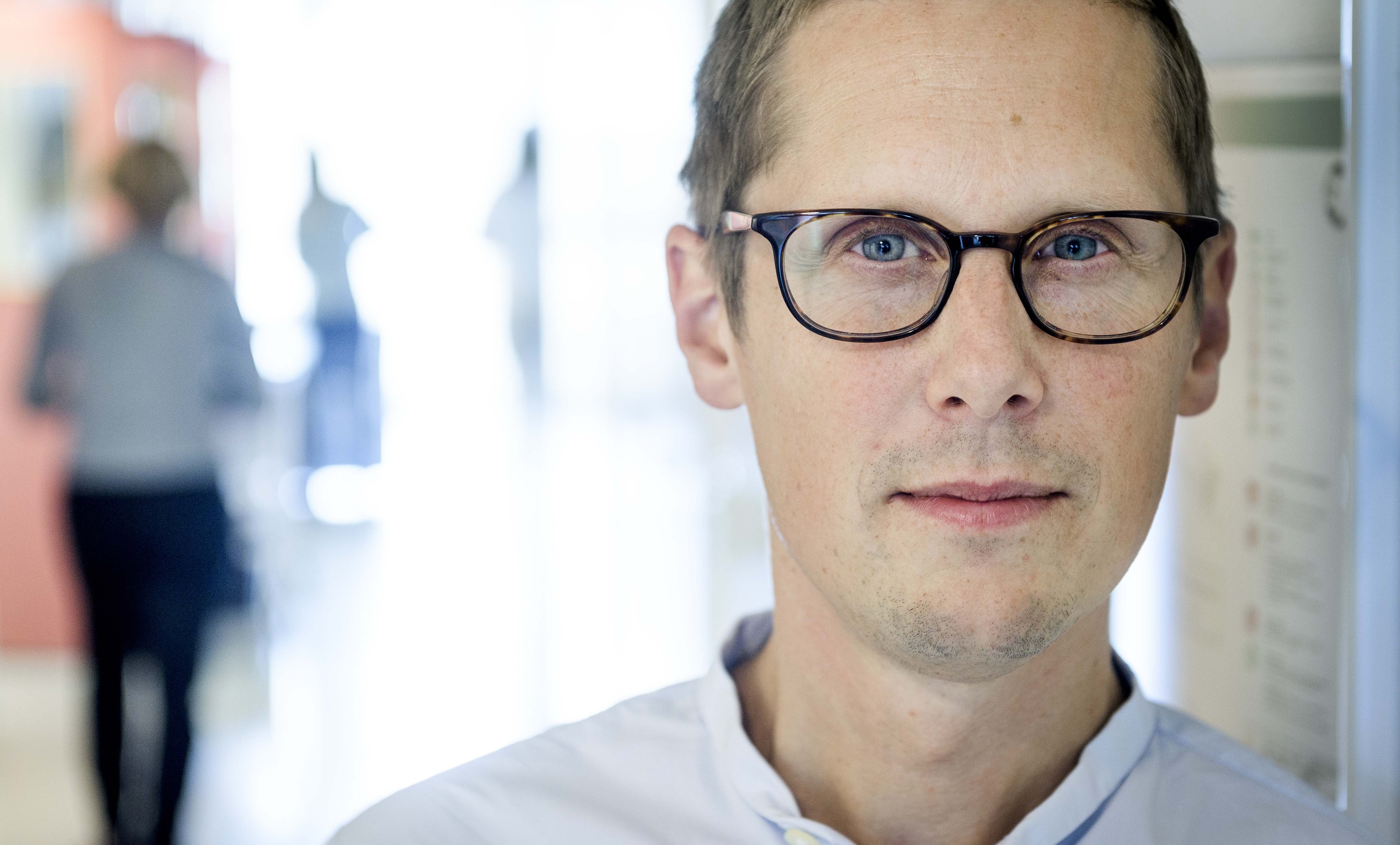Aggressive breast cancer can be transformed into a treatable form

Researchers at Lund University and Karolinska Institutet have uncovered a way to treat aggressive breast tumours through manipulation of the connective tissue cells of the tumour. The researchers are now developing a new drug that transforms aggressive breast cancer so that it becomes responsive to standard hormone therapy. The findings are published in Nature Medicine.
Approximately 10–15 per cent of breast cancer patients have so-called basal breast cancer that do not respond to treatment with hormone therapy, which means that they are more aggressive and often recur.
Recent studies emphasise the importance of the communication of cancer cells with other cell types in the surrounding tissue, such as connective tissue, blood vessels and immune system cells, enabling the tumours to form, spread and resist treatment. In the new study, researchers have revealed a growth factor – PDGF-CC – which transmits information between the tumour cells and the connective tissue cells, mainly in basal breast cancers.
“Detailed analyses of around 1,400 breast cancers showed that high levels of PDGF-CC in the tumour cells were associated with a poor prognosis”, explains Kristian Pietras, Professor at Lund University.
 He led a multidisciplinary and international research team based at the Lund University Cancer Centre at Medicon Village, in collaboration with researchers from Karolinska Institutet, the Olivia Newton-John Cancer Research Institute in Melbourne, Australia, and University Hospital Bonn.
He led a multidisciplinary and international research team based at the Lund University Cancer Centre at Medicon Village, in collaboration with researchers from Karolinska Institutet, the Olivia Newton-John Cancer Research Institute in Melbourne, Australia, and University Hospital Bonn.
“Previously, it was believed that the various subgroups of breast cancer originated from different cell types in the mammary gland. Our research has shown that connective tissue cells can also modify tumour cells directly with regard to their sensitivity to hormones, which has significant implications in the development of more effective treatments”, says Professor Ulf Eriksson at Karolinska Institutet’s Department of Medical Biochemistry and Biophysics, who initiated the study together with Professor Pietras.
New biological drug
In experimental models, the researchers tested a new biological drug that they have developed, which blocks the PDGF-CC-mediated communication between the tumour cells and the connective tissue cells. This resulted in the transformation of the basal breast cancers into hormone-sensitive (luminal) breast cancers. As a consequence, the tumours then became highly responsive to conventional hormone therapy.
 ”We were also able to show the opposite; that a hormone-sensitive breast cancer can be transformed into a more aggressive, difficult-to-treat cancer if it is able to communicate with connective tissue cells through PDGF-CC”, says Hong Li, researcher in Ulf Eriksson’s research group at Karolinska Institutet.
”We were also able to show the opposite; that a hormone-sensitive breast cancer can be transformed into a more aggressive, difficult-to-treat cancer if it is able to communicate with connective tissue cells through PDGF-CC”, says Hong Li, researcher in Ulf Eriksson’s research group at Karolinska Institutet.
The study was funded to a large extent by a donation from Göran and Birgitta Grosskopf, as well as research funding from the European Research Council, the Swedish Cancer Society, the Swedish Research Council, and the National Health and Medical Research Council Australia.
Kristian Pietras, Ulf Eriksson and Pernilla Roswall are named inventors on a patent application relating to the findings of this study. Kristian Pietras, Ulf Eriksson and Andrew M Scott are shareholders of Paracrine Therapeutics that develop inhibitory agents to PDGF-CC. This news article is based on a press release from Lund University.
Publication
Microenvironmental control of breast cancer subtype elicited by paracrine platelet derived growth factor-CC signaling
Pernilla Roswall, Matteo Bocci, Michael Bartoschek, Hong Li, Glen Kristiansen, Sara Jansson, Sophie Lehn, Jonas Sjölund, Steven Reid, Christer Larsson, Pontus Eriksson, Charlotte Anderberg, Eliane Cortez, Lao H Saal, Christina Orsmark-Pietras, Eugenia Cordero, B Kristian Haller, Jari Häkkinen, Ingrid JG Burvenich, Elgene Lim, Akira Orimo, Mattias Höglund, Lisa Rydén, Holger Moch, Andrew M Scott, Ulf Eriksson, Kristian Pietras
Nature Medicine, online 12 March 2018, doi: 10.1038/nm.4494
